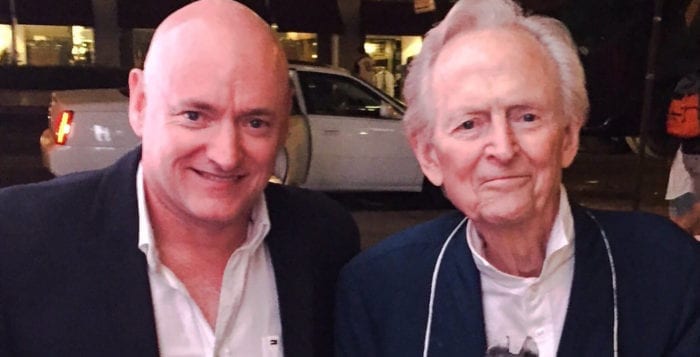My family has become archeologists in our own home. After 12 years of collecting artwork from the kids’ classes in school, saving report cards and filing away binders from earlier grades, we are sifting through all that material, jettisoning or recycling what we don’t need.
Some of the finds are so remarkable that they stop us in our sorting tracks. My high school daughter isn’t much of a morning person. She often prefers short sounds or gestures in the car on the way to school, rather than actual conversations that might require her to form words.
As we were going through a pile of material, we found a note from her nursery school teacher. She described a charming little girl who often takes a while to get going each morning. That description is so apt today that we realized how much of people’s patterns and personalities form early in life.
Then, sorting further, we found papers from her spectacular first-grade teacher. A young woman with a soft voice and a determined style, her teacher brought out the best in our daughter, even early in the morning.
Our daughter kept a diary in that class, in which she shared stories about the family’s weekend activities. Clearly, her brother was jealous of that writing, as we also found a diary from him in which he thanks her for creating a similar book for him to record his experiences. He shared his thoughts from the weekend, and the rest of the family readily wrote back to him.
His sister also kept handwritten notes from her first-grade teacher. The letters are all clear and distinct, and offer a positive and supportive tone. Her teacher wrote to her, without talking down to her. What a wonderful role model. This teacher, through form and content, offered a ray of sunshine to our daughter even then, which was probably why we kept the papers.
These notes today take on a different meaning for us, as the teacher succumbed to cancer at a young age just a few years after our daughter had the privilege of being in her class. Our daughter was recently in a high school English class in which her first-grade teacher’s husband served as a part-time instructor. She shared some of these notes with him. He was delighted to take them home to his daughter, who was a toddler when
her mother died. His daughter has particularly appreciated seeing her mother’s handwriting and feeling an indirect connection to the encouraging words she offered.
We have also sorted through dozens — OK, hundreds — of pictures that have transported us to earlier memories. We have a photo of our 1-year old son standing on the warning track at the old Yankee Stadium, bunched up in a winter coat on a December day.
We also found numerous pictures of our son on baseball fields of his own, surrounded by younger versions of teammates who have stuck with him through the years, as well as of friends who have gone their separate ways — or have pursued other sports.
Amid all the trophies from sports teams, we discovered certificates indicating that one or both of our children had been successful lunch helpers.
We have unearthed old VHS tapes of movies we watched numerous times as a family, including a few Disney classics and a surprisingly amusing Barbie version of “The Princess and the Pauper.”
In addition to sending us down memory lane, sorting through all the accumulated clutter has made the house seem so much larger, giving us room to add modern memories and memorabilia to our collection.





